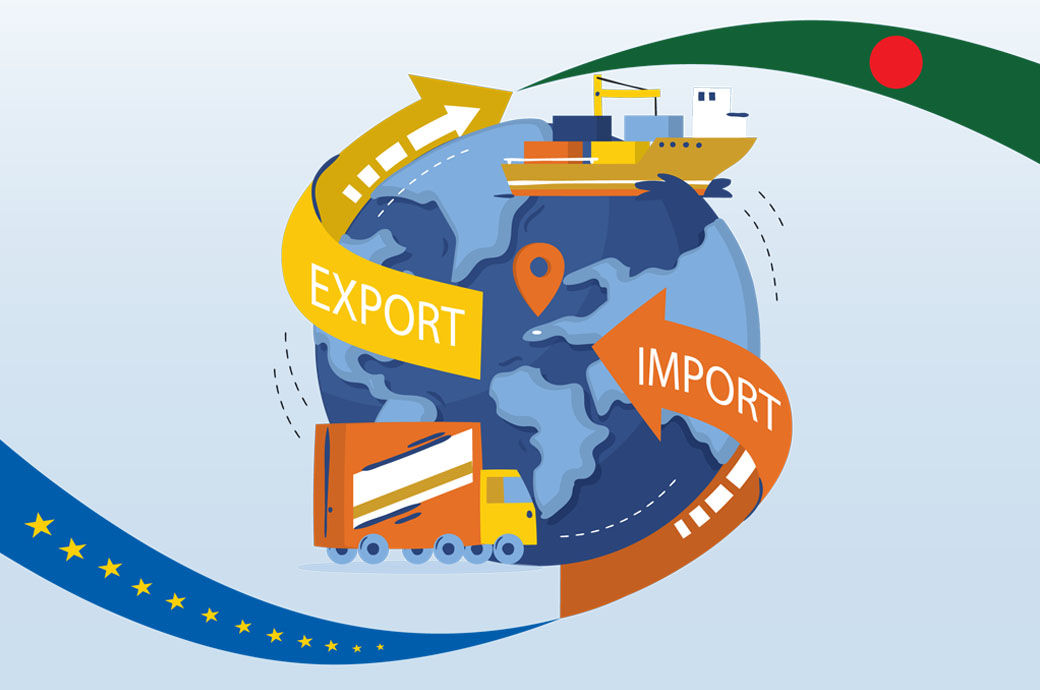Entertainment
Bangladesh Faces 20% Export Decline to EU from EVFTA and End of LDC Status: RAPID

Bangladesh is facing the prospect of a staggering 20 percent decline in its exports to the European Union, a situation attributed to the country’s impending graduation from least developed country (LDC) status and the formation of a Free Trade Agreement between the EU and Vietnam, according to insights from Abdur Razzaque, chairman of Research and Policy for Development (RAPID). During a recent discussion, Razzaque highlighted the urgency for Bangladesh to adopt effective policy measures to remain competitive against close rivals.
The looming transition from LDC status is set to usher in a series of tariff increases, coupled with Vietnam’s strategic diversification in trade, which could pose a significant threat to Bangladesh’s export growth. The expected fallout from these developments could even result in a 1 percent contraction in Bangladesh’s GDP.
Under the Free Trade Agreement with Vietnam, the EU has already removed duties on 71 percent of its tariff lines, with plans for complete tariff reductions by 2027. As it stands, exports from Vietnam to the EU have surged to more than double those of Bangladesh by 2023, despite both countries having similar export values back in 2002. Currently, Bangladesh benefits from the Generalised System of Preferences (GSP), which permits duty-free access to EU markets. However, this privilege will cease once the country transitions from its LDC classification in 2026.
To navigate the challenges arising from this transition, RAPID’s chairman has proposed several strategies, including negotiating tariff reductions for 3 to 5 years following LDC graduation and striving for eligibility under the GSP+ framework. Razzaque emphasized the necessity for the government to actively engage in free trade and investment agreements to attract foreign direct investment and enhance the country’s industrial competitiveness, thereby bolstering its global market position.
Interestingly, while Bangladesh currently leads Vietnam in apparel exports—a sector it heavily relies on—Vietnam’s export portfolio remains notably more diversified, presenting an ongoing challenge for Bangladesh’s economic strategy.
